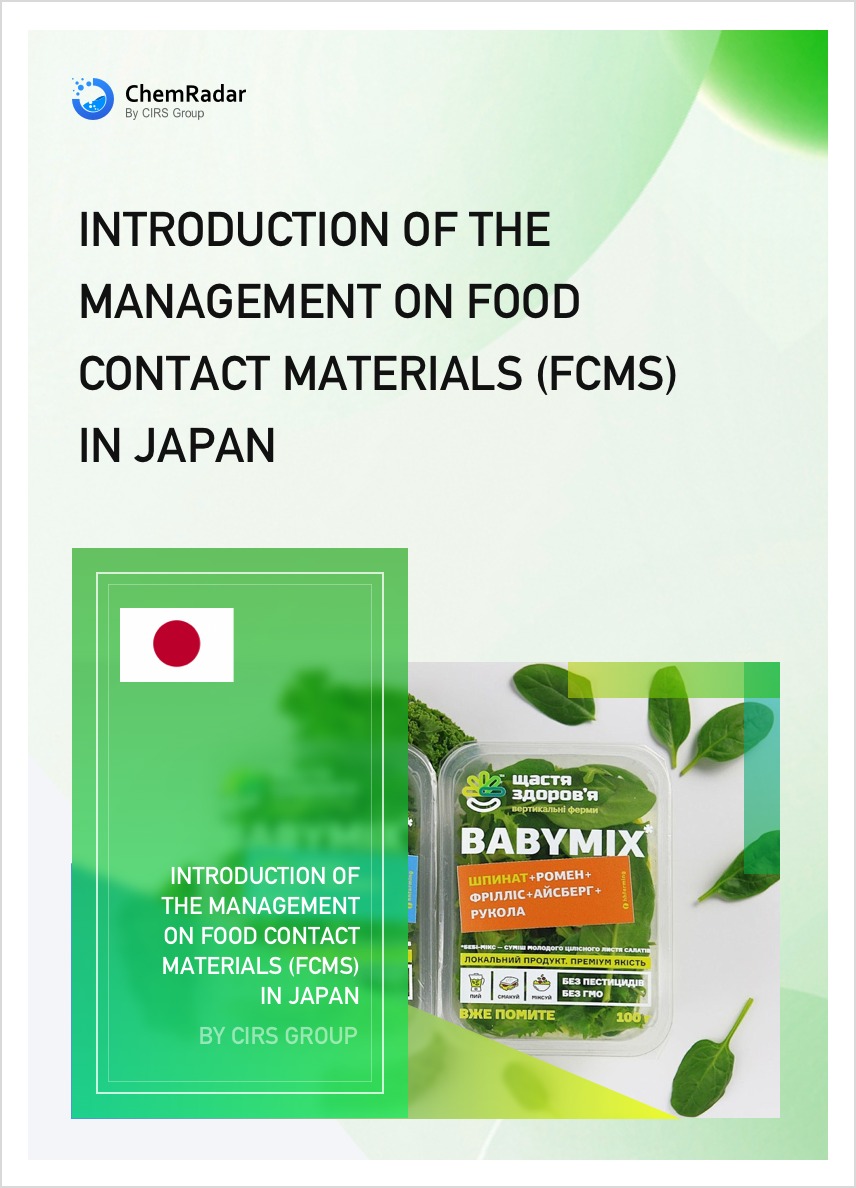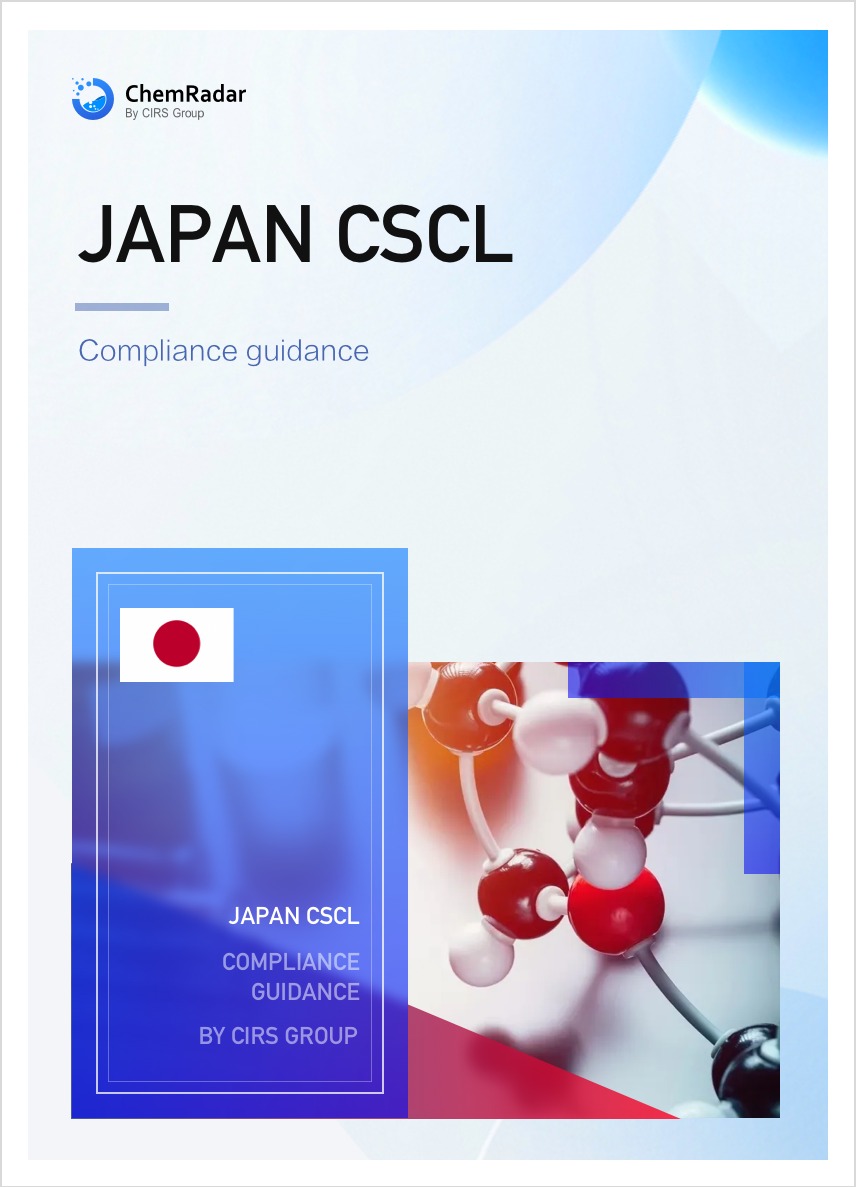In accordance with the Poisonous and Deleterious Substances Control Law-Poisonous Substance (PDSCL), poisonous substances refer to substances regulated and released by the Ministry of Health, Labour and Welfare (MHLW). Based on their hazards to human health, regulated substances under PDSCL are divided into three categories: poisonous substances, deleterious substances and specified poisonous substances. Poisonous substances are listed in Annex 1 of the PDSCL.
► Chemicals listed in the Poisonous and Deleterious Substances Control Law-Poisonous Substance are subject to the following obligations:
1) Importers, manufacturers or distributors shall apply for a license in advance.
2) Manufacturers, importers, or sellers of poisonous substances shall notify the operators of each business premises within 30 days from the date of operation. In addition, importers, manufacturers or distributors shall designate special personnel to handle poisonous substances.
3) Necessary measures shall be taken to prevent theft, loss and leakage,etc.In addition, containers of food and drink that contain poisonous substances are prohibited.
4) Poisonous substances must be marked as non-medicinal deleterious substances on containers, packaging, storage, and display. Poisonous substances that do not indicate the name, composition, content, etc. on the container or package shall not be sold or transferred.
5) Manufacturers, importers or sellers of poisonous substances record and keep the necessary information in writing for 5 years. When selling or transferring them to someone other than registered operators, a document containing the necessary information and stamped by the transferee must be submitted and kept for 5 years. Manufacturers, importers or sellers of poisonous substances must not deliver these substances to the age under 18.
6) The transportation, storage, or other operation of poisonous substances shall comply with technical standards.
7) In the event of an accident such as leakage of poisonous substances, the public health center, fire department or police station must be notified immediately, and necessary emergency measures must be taken. In addition, in the event of theft or loss, the police must be notified immediately.
8) When selling or transferring poisonous substances, a SDS must be provided to the transferee.
► Chemical substances that are not listed in the Poisonous and Deleterious Substances Control Law-Poisonous Substance are not subject to the related obligations.
Regulations and standards
► Poisonous and Deleterious Substances Control Law(Jun 17,2022)
► Regulations on the Enforcement of Poisonous and Deleterious Substances Control Law(June 3,2022)
Regulatory authorities
► Ministry of Health, Labour and Welfare (MHLW)
Exemptions
- pharmaceutical product or quasi-pharmaceutical product;
- Instruments, equipment, tools containing poisonous substance or poisonous substance, such as mercury thermometers, automotive batteries, and instruments or equipment coated with toxic paint.
- Waste fluids and wastes containing poisonous substances that have lost their social utility and value
- Articles containing poisonous substances as impurities (non-intentionally added substances: including raw materials not reacted, by-products, etc.)
How to obtain the list?
- Click here to search for the latest inventory
- Contact CIRS Group to purchase the latest version (in Excel)
Our services
- New Chemical Substance Search
- New Chemical Substance Notification
- Preparation of registration scheme (data evaluation and data analysis)
- Testing coordination and supervision
- Consultation with our experts or competent department
- Regulatory Training
- Preparation of SDS and label
If you have any questions, please contact us at chemicals@cirs-group.com.




